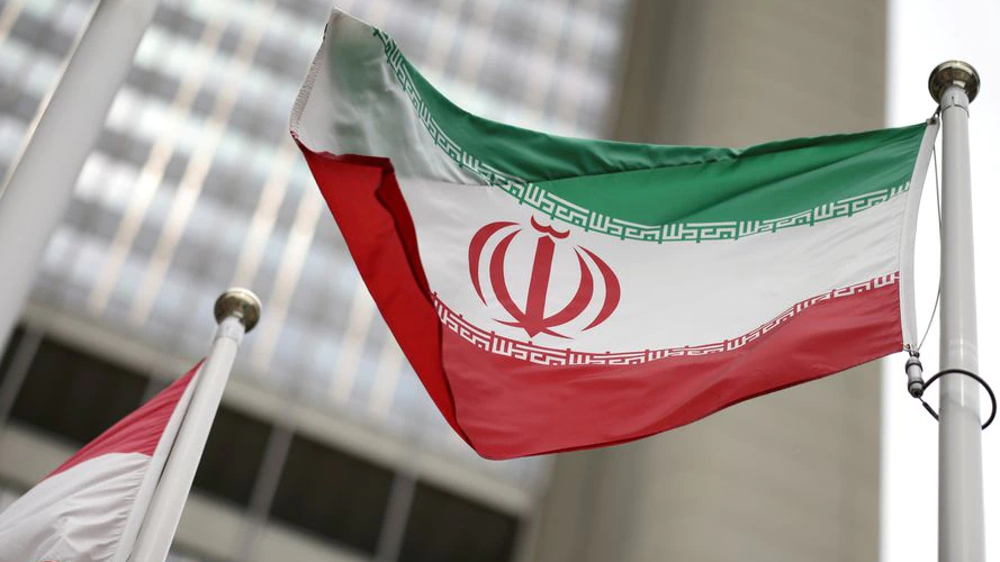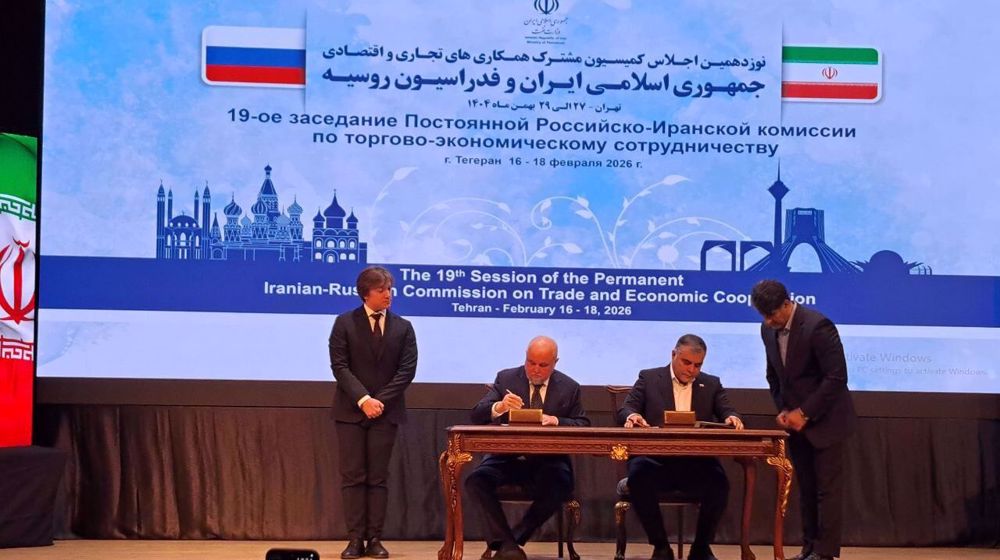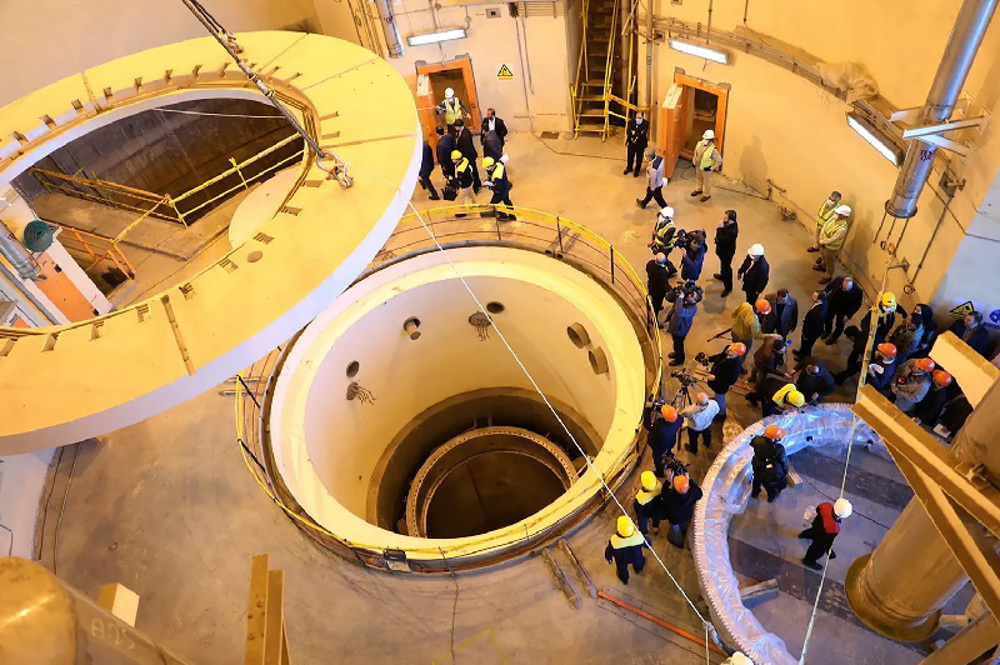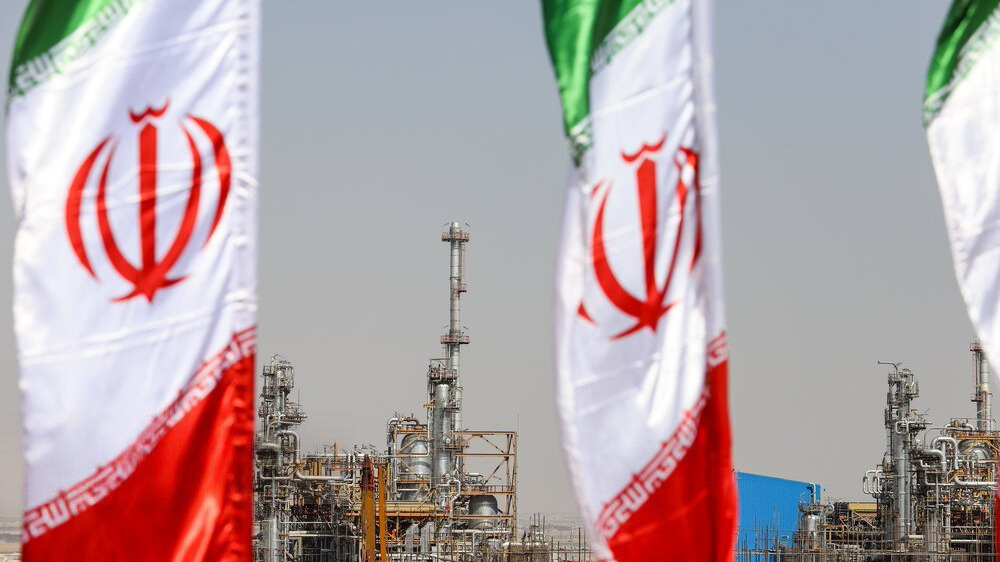Global market begins to make room for Iranian oil barrels
The market has begun making room for Iran's oil even as reports from Vienna have a dim view of the US folding back all its sanctions imposed on Tehran under the Trump administration.
The return of Iran's barrels to the market is already taken for granted in many quarters, with the searing question basically being when it will happen and in what volume.
"Of course, this must be taken into account because it affects the balance of supply and demand. You just need to accurately understand the return schedule, what are the maximum volumes, but it all depends on when this will be done," Russian Deputy Prime Minister Alexander Novak said Monday.
The International Energy Agency (IEA) said in its oil market report this month that Iran could bring its oil production to 3.8 million barrels per day by 2022 and become the key source of the global oil output growth.
All eyes are on Vienna where the remaining signatories to the 2015 nuclear deal are working to bring the US back to compliance by tearing down a maze of sanctions which have bedeviled the negotiations.
On Monday, outgoing President Hassan Rouhani sounded unusually sanguine. “The sanctions will be removed soon and foreign investment will flow into Iran,” he told the inauguration of several projects in Iran's free trade and special economic zones.
Iran is set to usher in a new government headed by Ebrahim Raeisi, who bluntly ruled out any meeting with US President Joe Biden even if the US agrees to join the nuclear deal – the Comprehensive Plan of Action (JCPOA) – and remove its draconian sanctions on Tehran.
“We tell the United States that you have to remove all sanctions and must return to the deal and fulfill your obligations," he told his first news conference in Tehran since winning Friday’s election.
Raeisi said any negotiation that secures Iran’s national interests will be supported by his administration, but “we will not tie the economic situation and people’s livelihood to these negotiations and we will not allow talks for the sake of talks.”
The remarks are the first clearest sign of his administration's resolve to have the illegal sanctions removed.
Markets are now watching to understand what the likely removal of the sanctions might mean for the world’s supply of oil.
Iranian oil ministry officials have said a revival of the JCPOA and removal of the sanctions could bring back 3.8 million barrels per day of oil to the market over time. That would return the country’s production level to where it was before the sanctions
The country sits on the world’s fourth-largest oil and first largest gas reserves, making it the world's no.1 energy superpower.
Iranian oil ministry officials are confident of the country's ability to increase production quickly. One senior official said earlier this month that most output could be restored within a month.
Energy consultancy and monitoring firms, cited by Reuters, said Iran currently holds up to 200 million barrels of oil in onshore and offshore storage which it plans to release to the market.
This could allow the country to export an extra 1 million bpd, or 1% of global supply, for more than six months.
"Iran will be using its nearly 60 million barrels of crude inventory, of which 30-35 million barrels are built during the past two years, within a few months of sanctions removal," said Iman Nasseri, managing director for the Middle East with FGE consultancy, told the news agency.
Energy groups say the global oil market is able to absorb the additional supply relatively quickly, given rising demand for fuel as global economic activity recovers from the impact of the COVID-19 pandemic.
According to data intelligence firm Kpler's estimates, around 78 million barrels of oil and condensate are stored, with a lot of tankers already parked close to East Asian markets.
Most of the Iranian floating storage is reportedly condensate, a preferred feedstock for petrochemical plants in China, South Korea and the United Arab Emirates.
Furthermore, Iran has around 120 million barrels of crude and condensate in on-land storage, almost one third of it in overseas storage facilities, mainly in China, Reuters claimed.
The news agency cited at least one European refiner which has held in-depth discussions with the National Iranian Oil Company (NIOC) on resuming purchases. Indian refiners also said they plan to reduce spot purchases to make way for Iranian contract barrels, it added.
In Europe, consumers such as Saras, Eni and Repsol are expected to show interest in Iranian barrels.
Iran’s layered arsenal primed to deter – and decimate – US warships in Persian Gulf
Iranian commander dismisses US military buildup in West Asia as ‘theatrical gesture’
Trump ‘curious’ why Iran hasn’t ‘capitulated’ despite massive US military buildup: Witkoff
Hawkish US senator pushes Trump to ignore aides, press ahead with war against Iran
Far-right, anti-Islam protest sparks counter-protests in Manchester
Press TV's news headlines
Sudan’s mining sector suffers $7 billion loss amid ongoing civil war
Ansarullah slams Israel’s massacre in east Lebanon, urges unified Arab action











 This makes it easy to access the Press TV website
This makes it easy to access the Press TV website